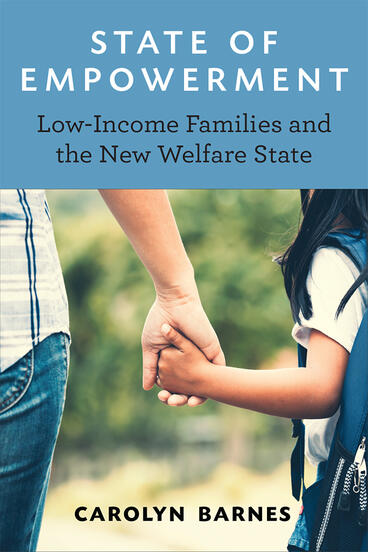State of Empowerment
Low-Income Families and the New Welfare State
After-school programs that shift power to parents do more than help kids read and write — they create politically engaged citizen-parents
Description
On weekday afternoons, dismissal bells signal not just the end of the school day but also the beginning of another important activity: the federally funded after-school programs that offer tutoring, homework help, and basic supervision to millions of American children. Nearly one in four low-income families enroll a child in an after-school program. Beyond sharpening students’ math and reading skills, these programs also have a profound impact on parents. In a surprising turn—especially given the long history of social policies that leave recipients feeling policed, distrusted, and alienated—government-funded after-school programs have quietly become powerful forces for political and civic engagement by shifting power away from bureaucrats and putting it back into the hands of parents. In State of Empowerment Carolyn Barnes uses ethnographic accounts of three organizations to reveal how interacting with government-funded after-school programs can enhance the civic and political lives of low-income citizens.
Carolyn Barnes is Assistant Professor of Public Policy and Political Science at Duke University.
Reviews
“Carolyn Barnes’ work appropriately complicates our view. Her careful qualitative studies of after-school programs in three race-class subjugated communities show how for some self- and program-selected parents in some programs, participation can prove enfranchising; these parents become more engaged politically and in their communities. These after-school programs represent small, but telling, counterexamples to the general disciplinary trend in social policy.”
—Steven Maynard-Moody, University of Kansas
“Carolyn Barnes makes a case for policies that encourage greater citizen involvement in social services, not just to serve ‘customers’ but to empower citizens. She asks us to think about how we might structure our institutions to enhance citizens’ capabilities to participate in democratic public life.”
—Johann N. Neem, author of Democracy’s Schools: The Rise of Public Education in America
News, Reviews, Interviews
Listen: Ways and Means Show Podcast
Read: review by CHOICE 01/2021

